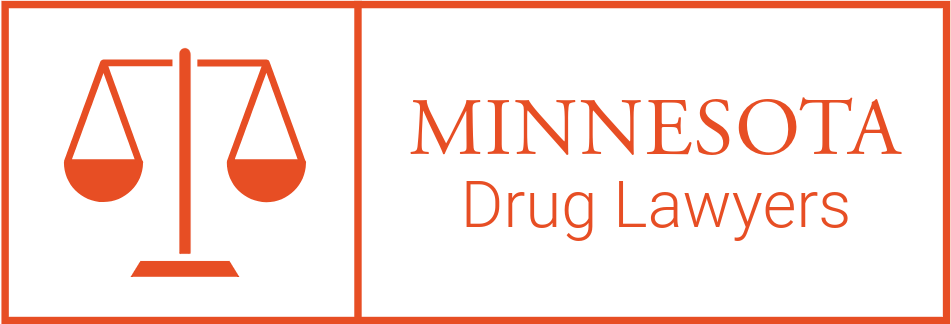
Navigating the legal system when facing drug charges in Minnesota can be daunting, especially when it comes to understanding the bail process. Bail is a crucial step in the judicial process, providing an opportunity for those accused to remain free while awaiting trial. This article aims to demystify the bail process for drug charges in Minnesota, offering essential insights and guidance to help individuals and their families through this challenging time.
Understanding Bail and its Importance
Bail is the security deposit required for the release of a detainee from jail, ensuring that the accused returns for trial. In drug charge cases, the amount of bail can vary significantly based on the severity of the charges, the defendant’s past criminal history, ties to the community, and the perceived risk of flight.
Key Factors Influencing Bail Decisions
Judges consider several factors when setting bail for drug charges:
- Severity of the Offense: Serious charges such as trafficking or possession with intent to sell often result in higher bail amounts compared to lesser charges like simple possession.
- Criminal History: Individuals with prior drug offenses or other criminal activities might face higher bail.
- Community Connections: Strong ties to the community, such as family, employment, or property ownership, can influence lower bail amounts, as these factors suggest the accused is less likely to flee.
The Bail Setting Process
When a person is arrested on drug charges in Minnesota, they are typically taken to a local law enforcement station for booking. Following this, the defendant may be held in jail until a bail hearing. During the bail hearing, the judge will review the case’s details and determine if the accused is eligible for bail and at what amount.
Types of Bail
In Minnesota, several types of bail options are available:
- Cash Bail: The defendant pays the full amount in cash.
- Bail Bond: The defendant secures a bail bond through a bail bondsman, who posts the bail for a fee, usually 10% of the total bail amount.
- Property Bond: The defendant or a cosigner can use property as collateral to secure release.
Choosing the right type of bail involves understanding each option’s cost implications and requirements, which is crucial for making an informed decision that best suits the defendant’s financial situation.
Legal Representation and the Role of Defense Attorneys
Hiring a knowledgeable defense attorney is crucial in the bail process. An experienced lawyer can argue for reduced bail or even contest the necessity of bail based on the specifics of the case and the defendant’s profile. Defense attorneys play a vital role in:
- Presenting evidence that supports a lower bail or supervised release.
- Negotiating terms that might allow for release without financial bail under certain conditions, like electronic monitoring or regular check-ins.
Challenges and Considerations
Navigating bail for drug charges also involves understanding potential obstacles such as:
- Risk Assessments: Courts often use risk assessment tools to determine the likelihood of a defendant reoffending or failing to appear in court, which can significantly affect bail decisions.
- Impact of Drug Schedules: Minnesota categorizes drugs into different schedules with Schedule I substances considered the most dangerous and having higher penalties, which can influence bail amounts.
Preparing for a Bail Hearing
Preparation is key to a successful bail hearing. Defendants and their attorneys should gather comprehensive documentation and evidence that supports their case for bail. This includes proof of employment, character references, and any previous compliance with court directives.
After Bail is Set
Once bail is set, the defendant and their support network must decide the best way to meet the bail conditions. This might involve liquidating assets, arranging for a bail bond, or seeking help from family and friends. It’s essential to comply with all conditions set by the court to avoid additional legal consequences or the revocation of bail.
Understanding and effectively navigating the bail process in Minnesota for drug charges requires careful consideration of legal strategies, a clear grasp of the judicial system’s workings, and an acute awareness of the rights and options available to defendants. By securing experienced legal representation and actively engaging in the bail process, defendants can significantly improve their chances of a favorable outcome, maintaining their freedom while awaiting trial. Remember, each drug charge case is unique, and specific advice tailored to individual circumstances can be obtained by consulting with a qualified Minnesota drug defense attorney.
FAQ
What is the typical range for bail amounts for drug charges in Minnesota?
Bail amounts can vary widely depending on the severity of the charge and the defendant’s background, ranging from a few hundred to several thousand of dollars.
Can I use property instead of cash to post bail in Minnesota?
Yes, Minnesota allows property bonds where property can be used as collateral to secure bail instead of cash.
What happens if I can’t afford bail for a drug charge in Minnesota?
If bail is unaffordable, you may be able to work with a bail bondsman or request a bail review for a reduction.
Are there any conditions I might face if granted bail for a drug charge?
Conditions can include no contact orders, travel restrictions, regular check-ins, or substance abuse treatment requirements.
What should I do if I miss a court date after posting bail in Minnesota?
Contact your attorney immediately, missing a court date can lead to additional charges and the possible revocation of bail.

